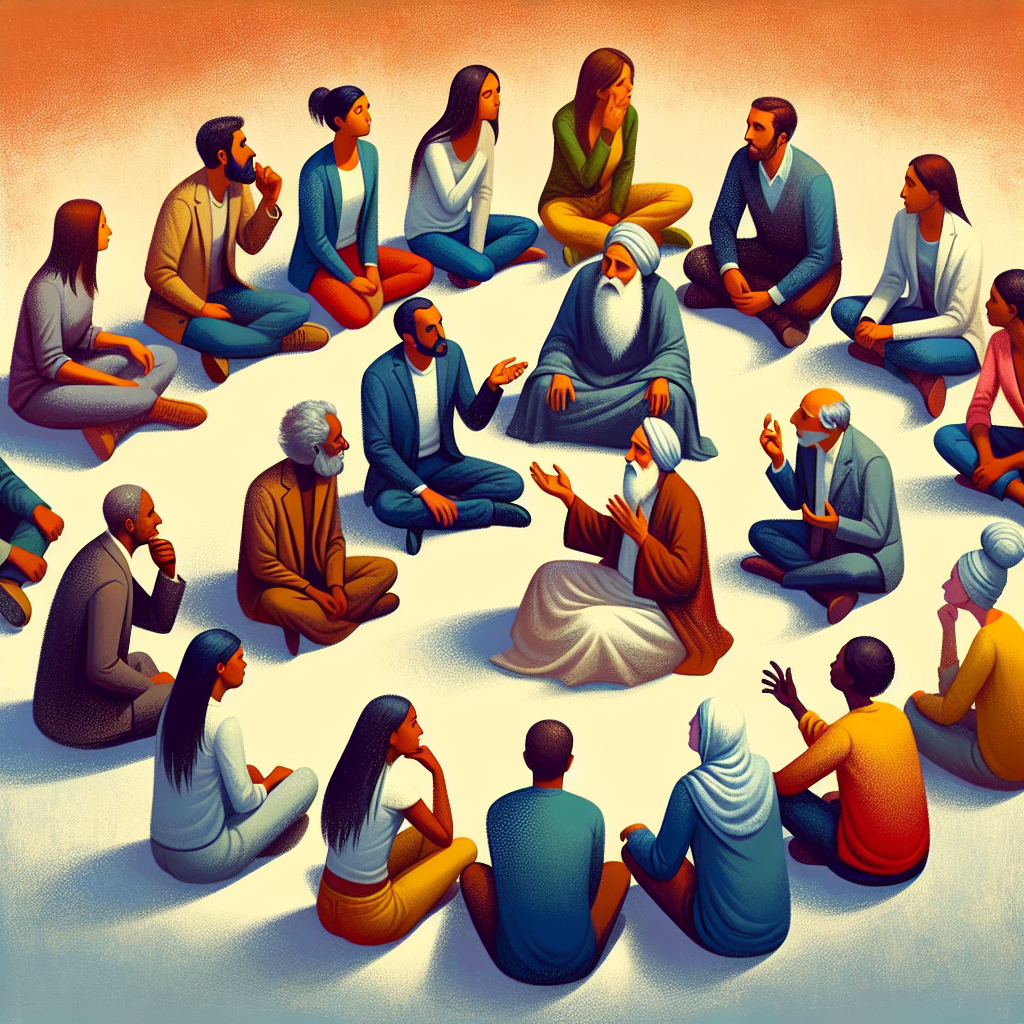Ponderings of the Paw
Anyone Can Be A Philosopher
In the grand tapestry of human existence, philosophy stands as a beacon of wisdom, guiding us through the complexities of life. It is a common misconception that philosophy is a lofty discipline, reserved for the intellectual elite. This could not be further from the truth. Philosophy, in its purest form, is a tool for living, accessible to all and beneficial to everyone.
The beauty of philosophy lies in its universality. It does not discriminate based on age, education, or social status. Anyone who seeks wisdom, who yearns for a deeper understanding of life, can be a philosopher. All it requires is an open mind, a questioning spirit, and a desire to live a virtuous life.
The teachings of Stoicism, Buddhism, Cynicism, Aristotelian Virtue Ethics, Utilitarianism, Taoism, and Confucianism, among others, offer profound insights into the human condition. They teach us how to navigate life's challenges with grace, how to cultivate inner strength, and how to live in harmony with the world around us.
Stoicism, for instance, teaches us to focus on what is within our control and to accept adversity with grace. Buddhism encourages us to cultivate compassion and to seek enlightenment through mindfulness and meditation. Cynicism challenges us to question societal norms and to live in accordance with nature. Aristotelian Virtue Ethics emphasizes the importance of moral character and virtuous living. Utilitarianism advocates for the greatest good for the greatest number. Taoism encourages us to live in harmony with the Tao, the natural flow of the universe. Confucianism emphasizes the importance of social harmony and moral rectitude.
These philosophical traditions, despite their differences, share a common goal: to help us live better lives. They provide practical guidance for everyday life, teaching us how to approach challenges with equanimity, how to cultivate compassion for ourselves and others, and how to prioritize the development of our character.
Becoming a philosopher does not require years of formal education or a deep understanding of complex philosophical theories. It simply requires a willingness to question, to learn, and to grow. It requires a commitment to living a life of virtue, guided by the principles of reason and wisdom.
So, rejoice in the knowledge that philosophy is not a distant, inaccessible discipline, but a practical tool for living. Embrace the wisdom of the ancients, and let it guide you on your journey through life. Remember, anyone can be a philosopher. All it takes is an open mind, a questioning spirit, and a desire to live a virtuous life.
